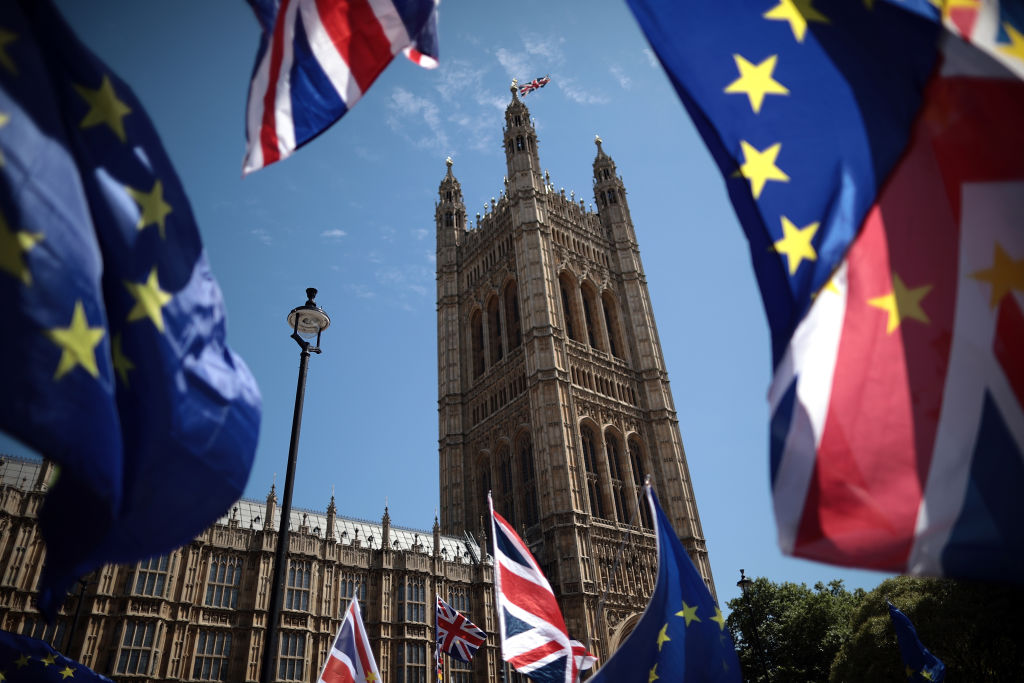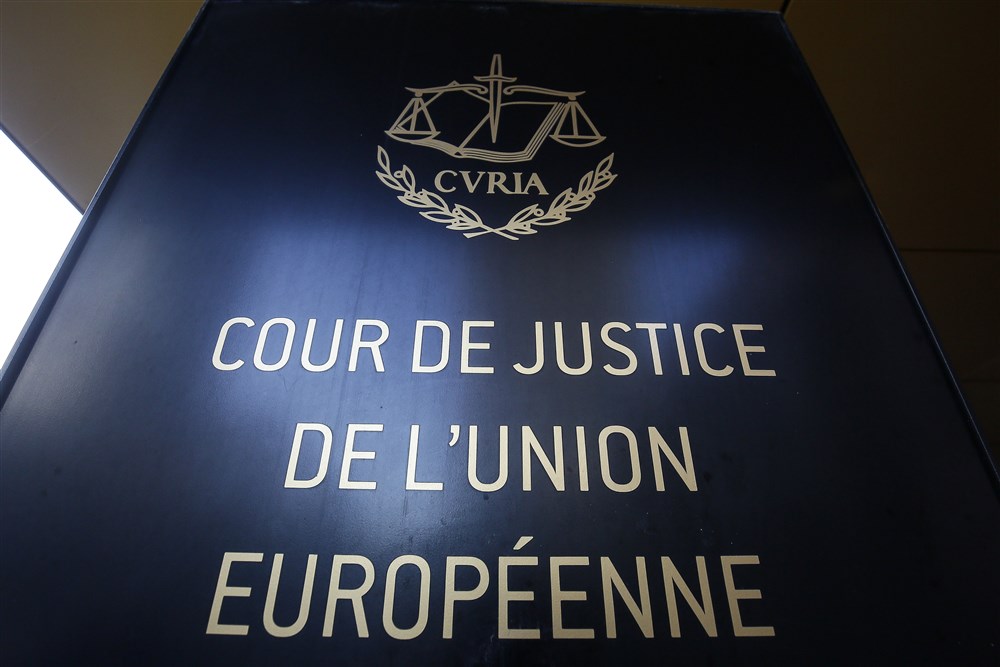British people who voted for Brexit are more positive about democracy, with those on the “winning” side happier all round, according to a UK study released on October 24.
The National Centre for Social Research (NCSR) study added that the resulting dissatisfaction from Remain supporters could lead to a tail-off in engagement with politics altogether.
NCSR researcher Chujan Sivathasan told Brussels Signal that seven years on from the UK’s European Union referendum, Brexit continued to act as a lens through which the British public viewed democracy in the country.
“The 2016 vote has seemingly divided the nation into two,” he said.
“With those who backed the winning Leave side broadly pleased with the way democracy works in this country, in the period since the UK left the EU in early 2020, even though life outside the bloc has not been as rosy as many had imagined.
“Those who voted Remain, meanwhile, continue to be rather pessimistic towards UK democracy, even despite the many years that have passed since the referendum.
“Those who want to rejoin the EU – around 60 per cent in the latest polls – share a similarly dismal view of the working of democracy and wider society in the UK,” Sivathasan added.
He also found that, beyond attitudes to democracy, how someone intended to vote in another Brexit referendum seemed to have an effect on a wider range of attitudes held towards society – with “rejoin” voters broadly holding a more gloomy outlook.
Sivathasan said these supporters – compared to those who back staying out of the EU – have a lower level of trust in MPs and would rather rely on the wisdom of experts over ordinary people.
He said they feel ordinary working people do not get their fair share of the nation’s wealth and that there was one law for the rich and one for the poor.
Rejoin backers are also more likely to think that the economy is worsening and will continue to do so, Sivathasan added.
While the divide between opposing camps of the Brexit debate remained and any genuine talk of rejoining Europe is still off the table, those who voted Remain or had changed their minds about the UK’s withdrawal from the EU since the 2016 vote risked becoming even more embittered, according to Sivathasan.
“With none of the three major GB-wide political parties at Westminster advocating to rejoin the EU or hold another vote, it is not out of the question that this continued dissatisfaction among those on the pro-EU side translates over time into lower political participation and increased apathy, especially among younger voters, with British democracy indelibly scarred as a result,” he said.
In publishing his work for the UK in a Changing Europe study, the researcher said that had consistently found those on the winning side of an election or referendum become more positive towards democracy, while those whose side lost become more pessimistic – in what is often referred to as the “winner-loser gap”.
“This makes sense,” he said.
“Winners can be expected to become happier with a system that has delivered a favourable outcome and will likely result in desired policies coming into effect, with the opposite applying to losers.”





